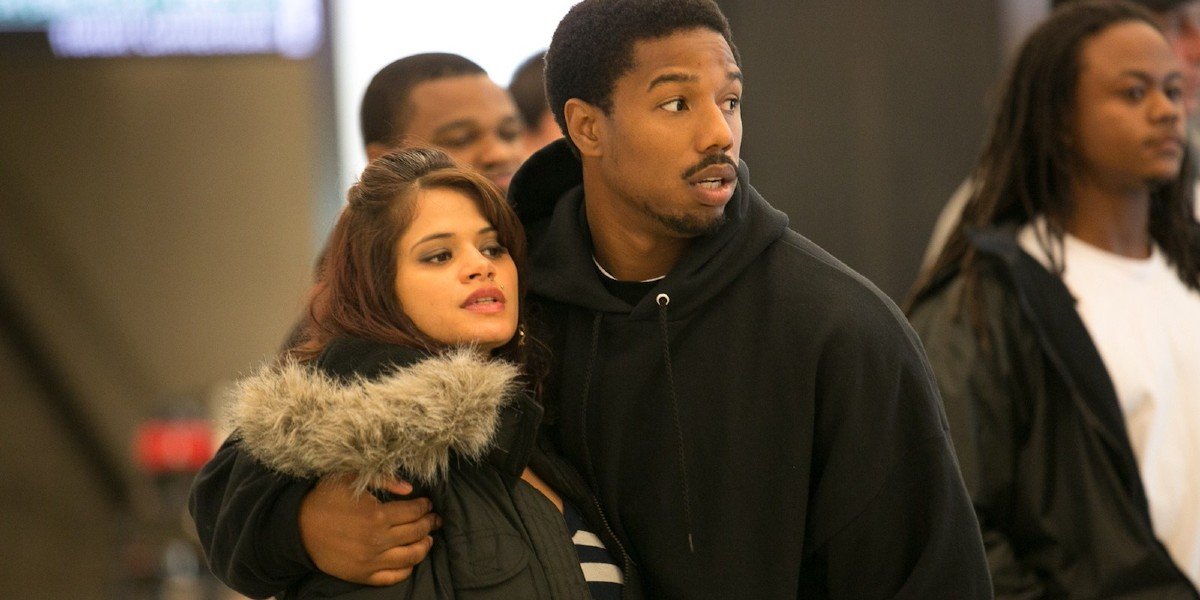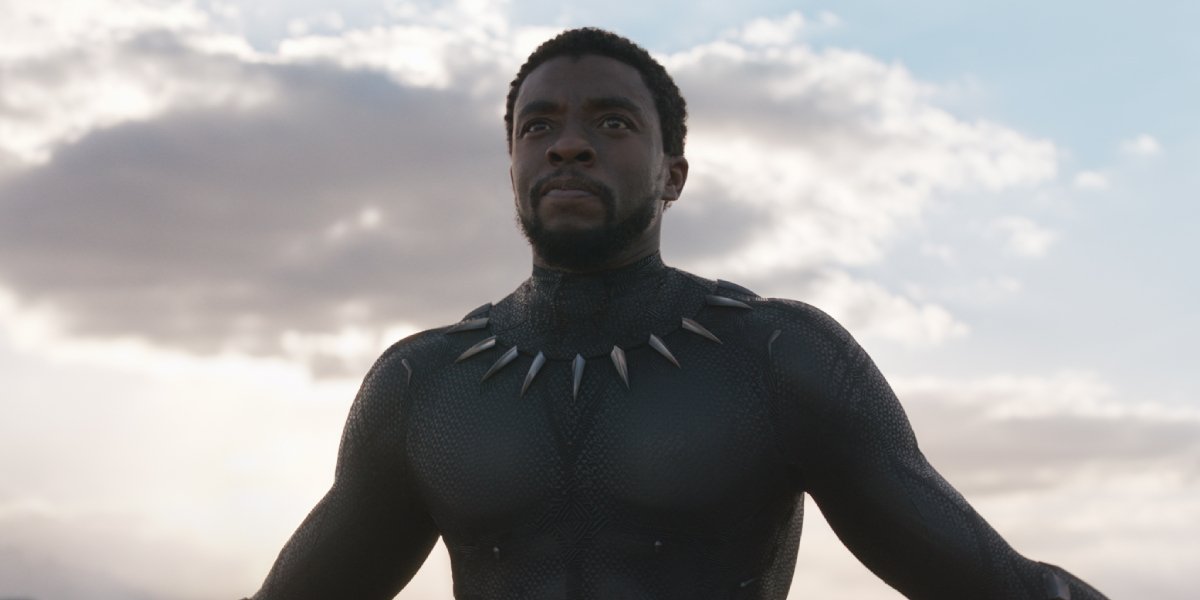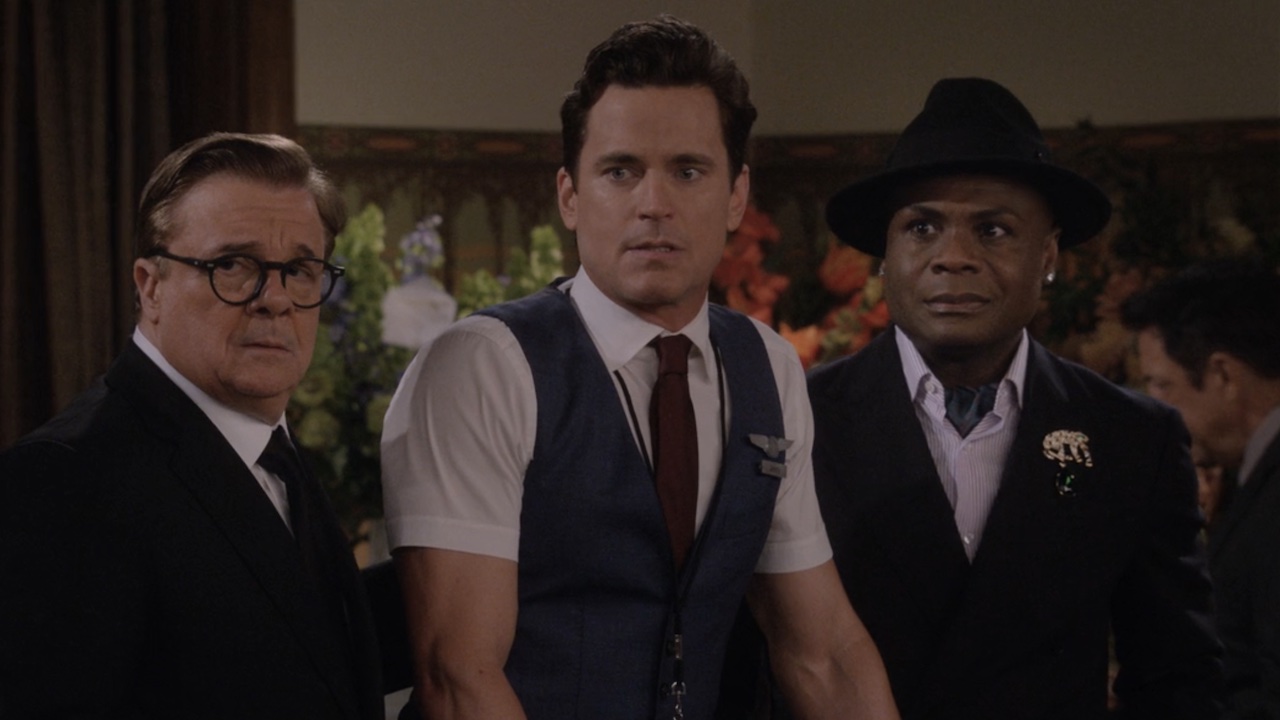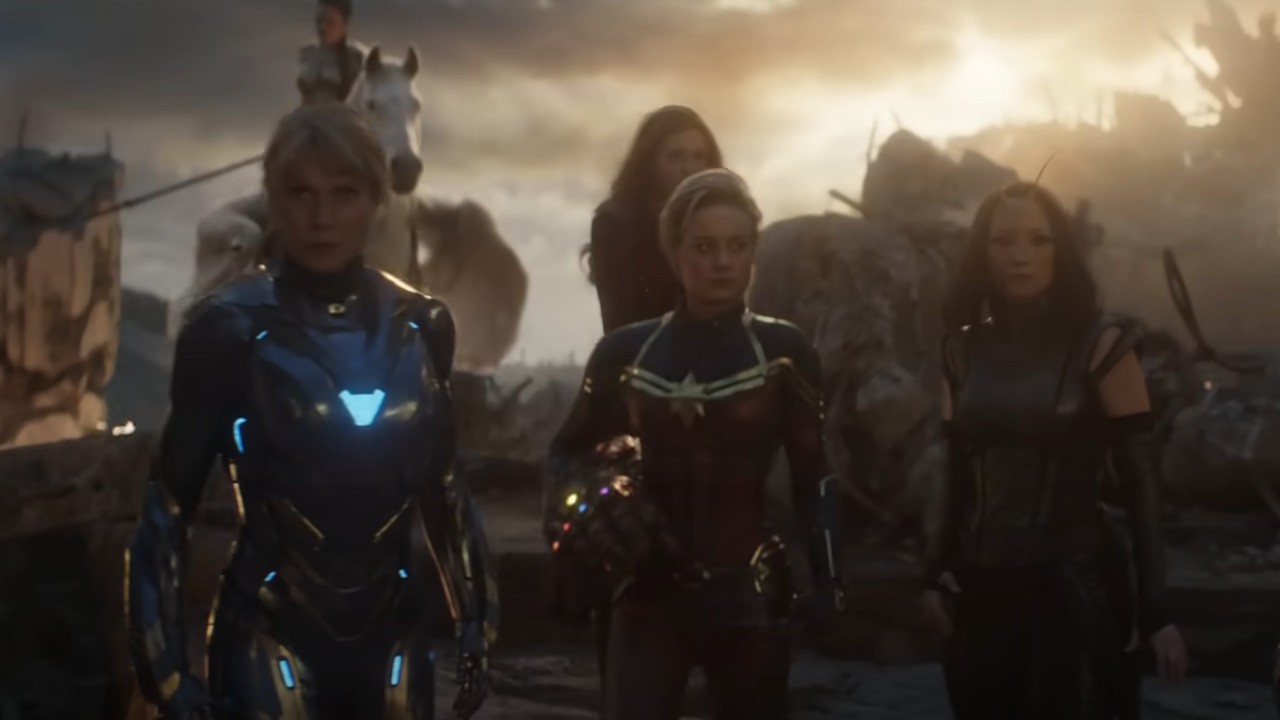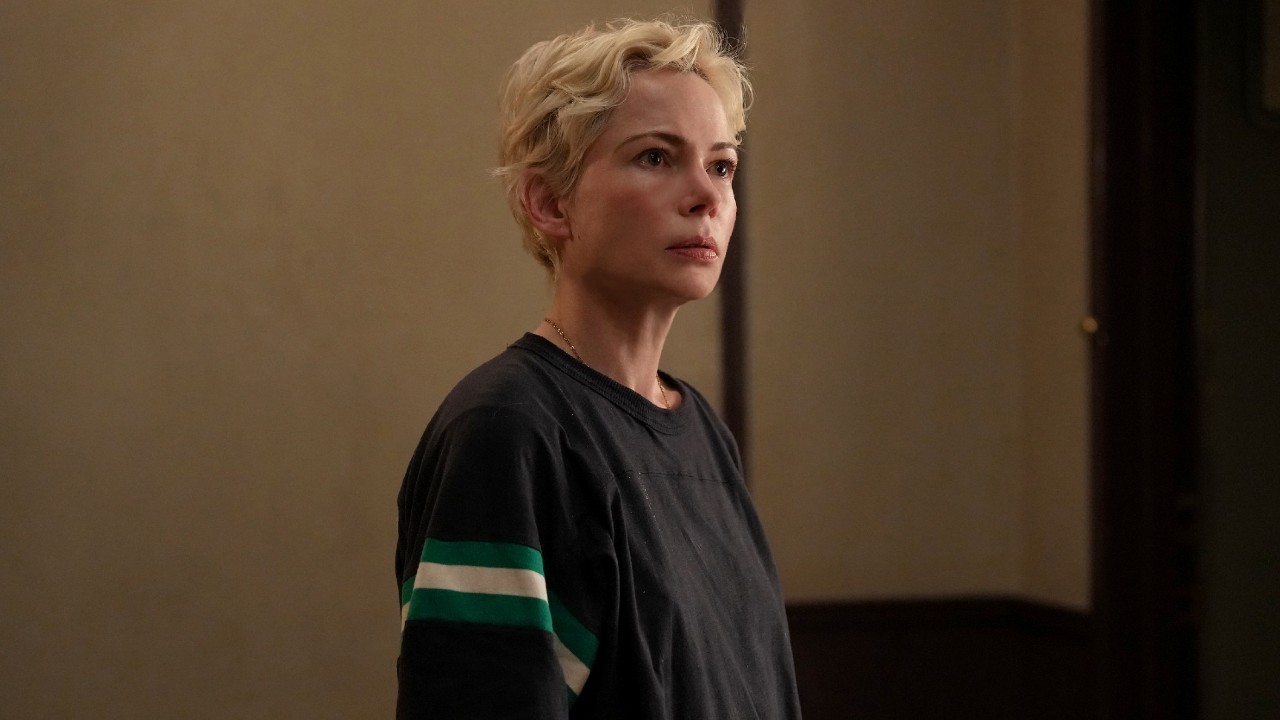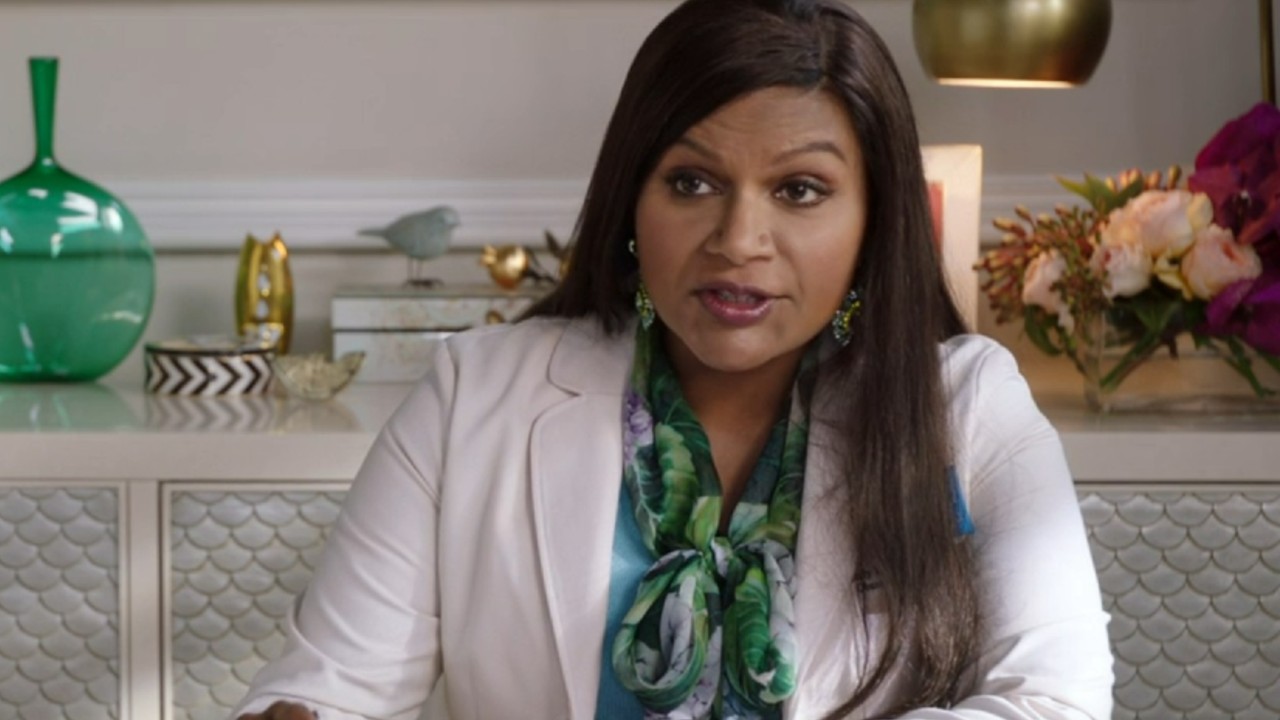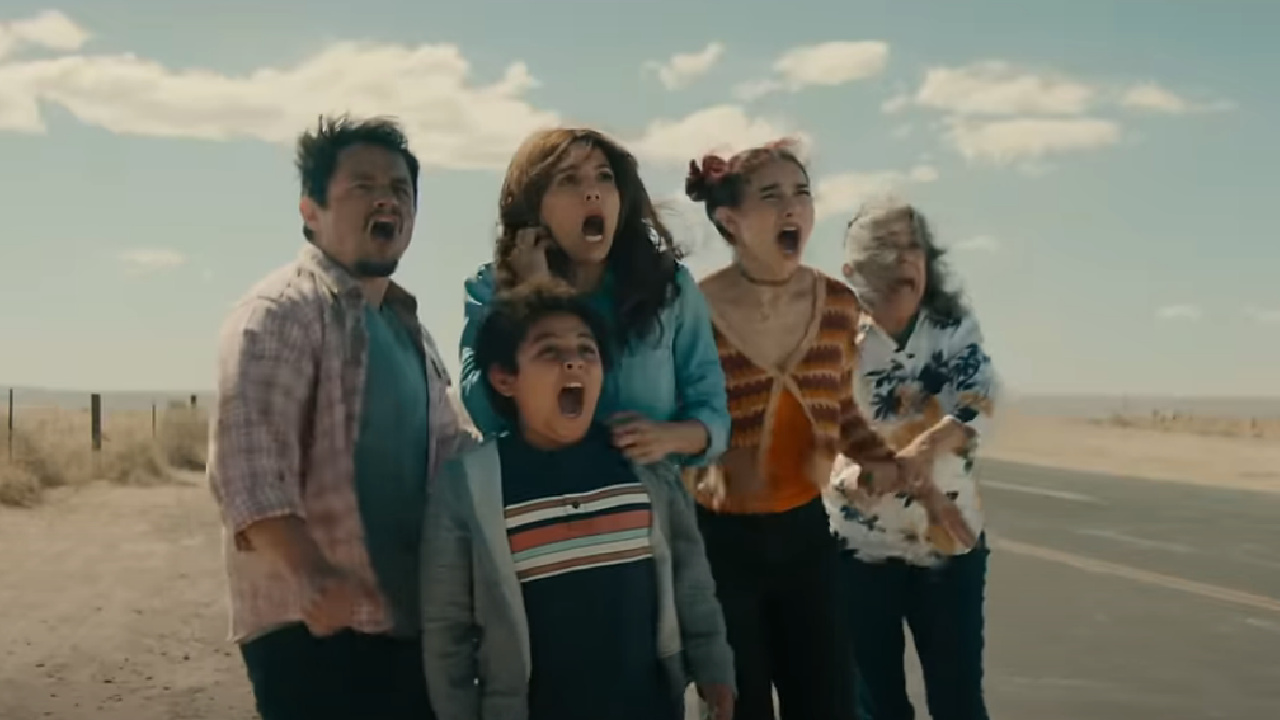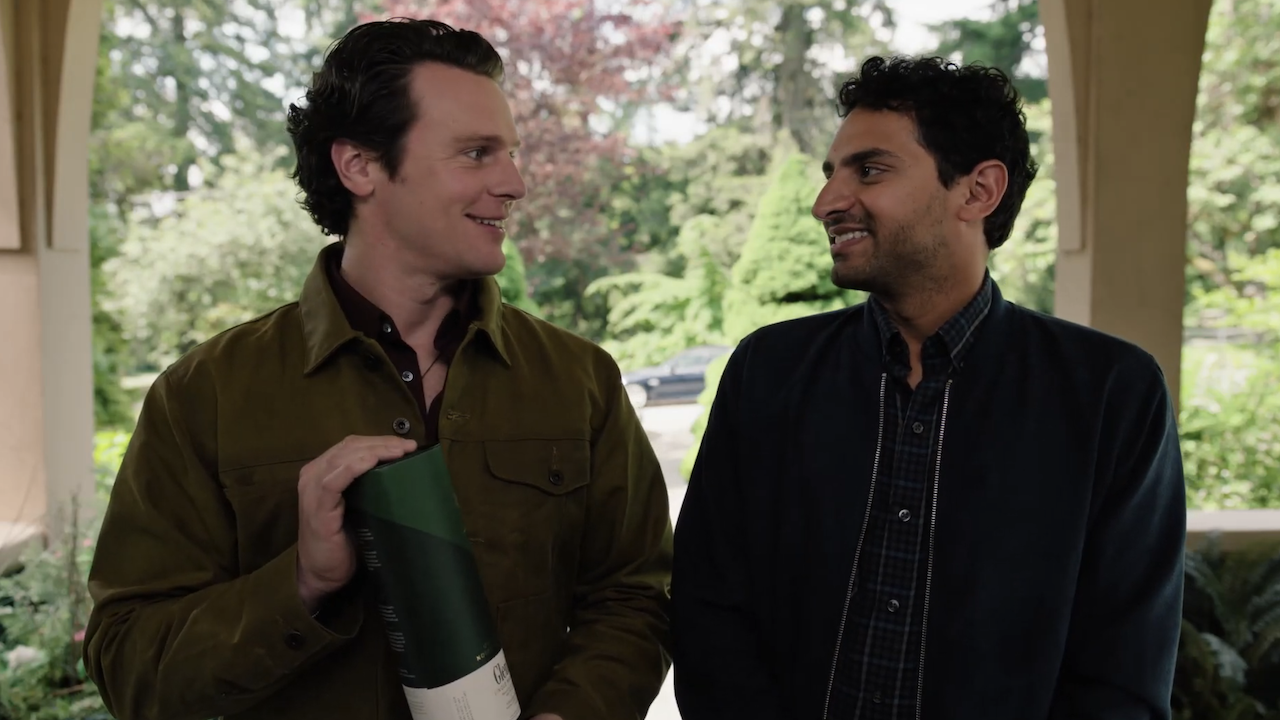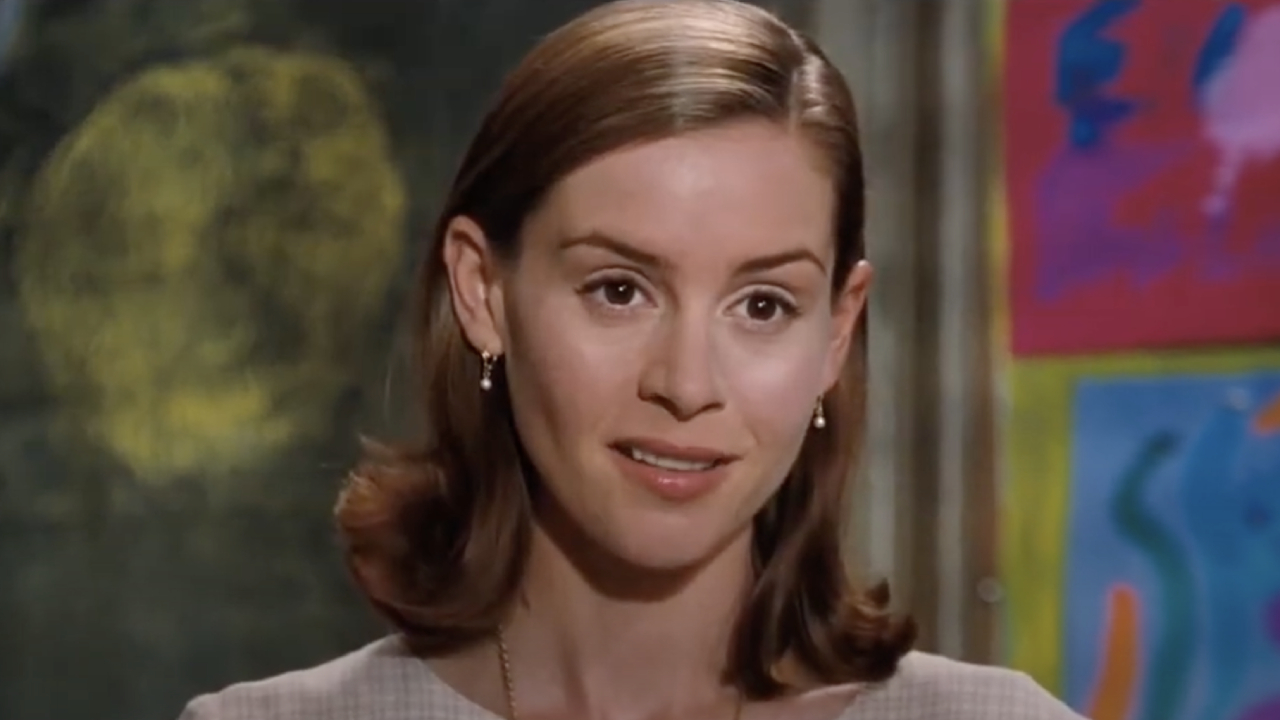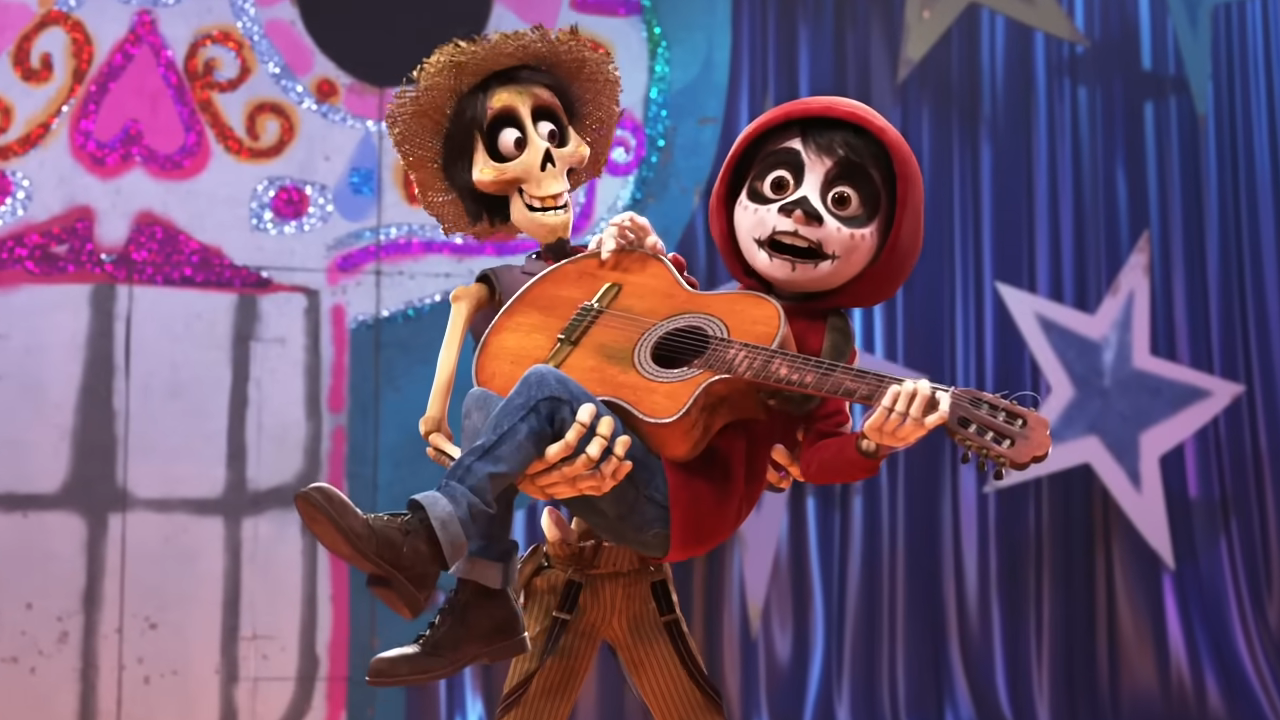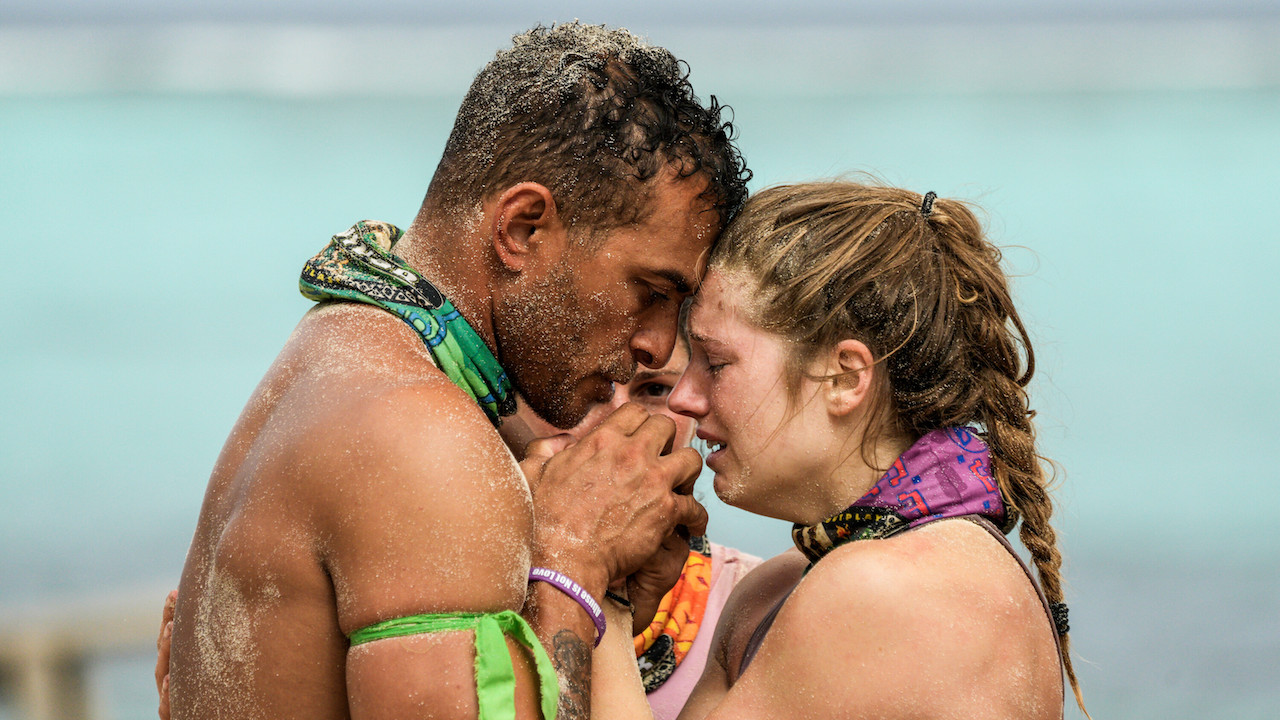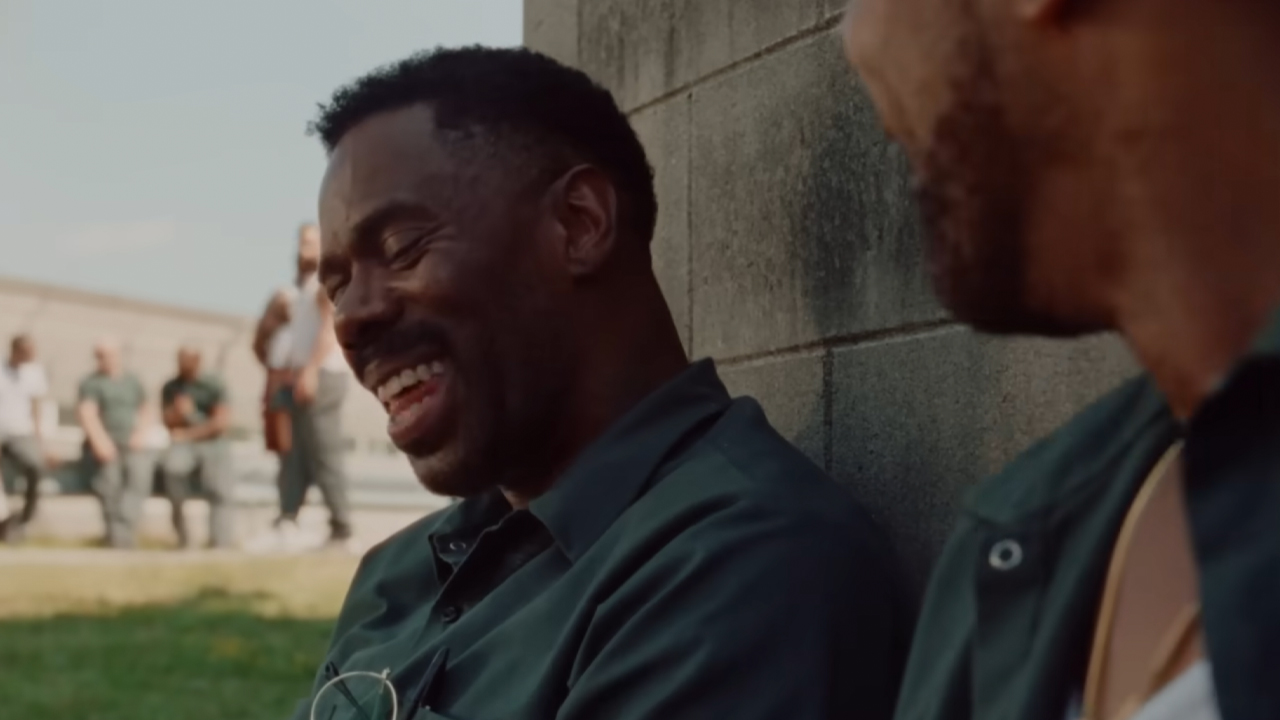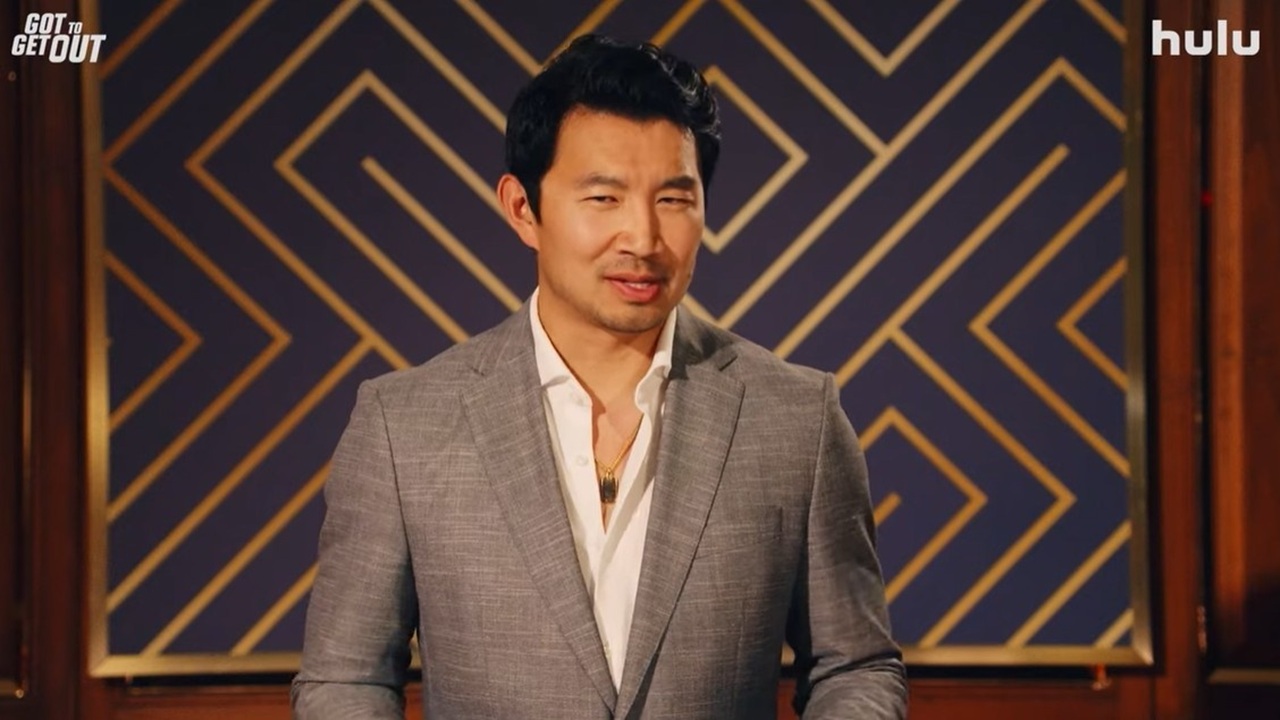Ryan Coogler's Fruitvale Station: The Story Behind The Black Panther Director's First Movie
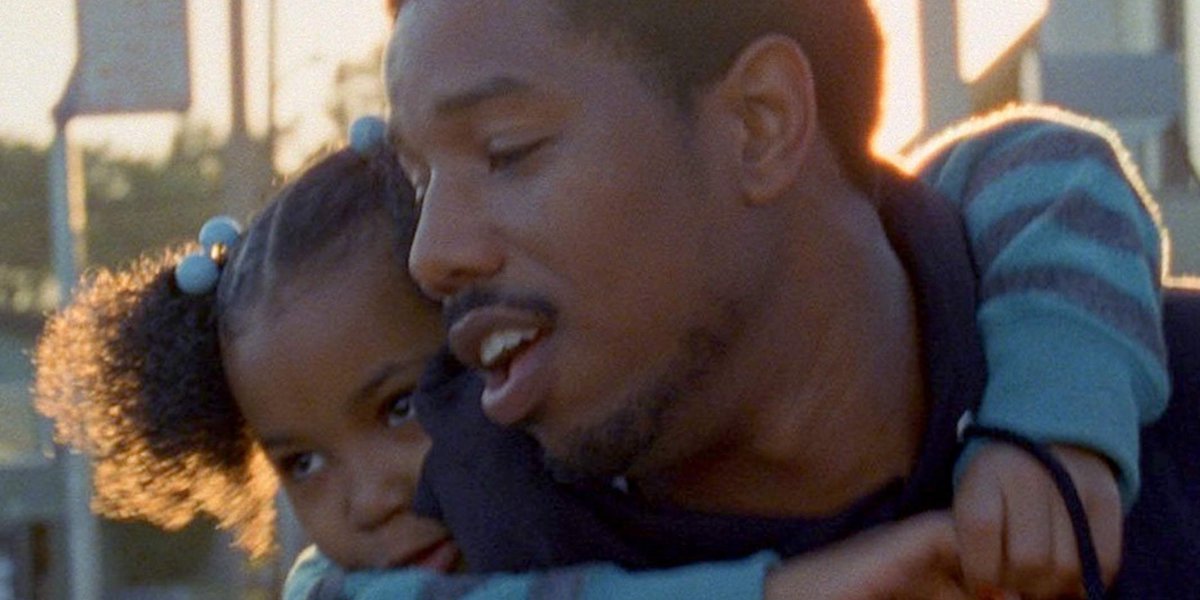
Almost a decade before Black Panther became one of the most celebrated Marvel movies to date, writer/director Ryan Coogler witnessed the viral videos of the fatal shooting of 22-year-old Oscar Grant that took place at a BART station in Coogler’s hometown of Oakland, California. The event became the subject of his first feature film Fruitvale Station, starring Michael B. Jordan. Over the years, its relevance has sadly only been magnified. In 2020, Fruitvale Station is absolutely necessary viewing for its poignant true story that discusses race and systemic injustice in America and because it shows the raw talent of Coogler before big-budget productions including Creed came knocking.
Whether you’re still holding back tears from a recent viewing or just curious about the roots and making Ryan Coogler’s debut film, this story explores all the details you should know about Fruitvale Station.
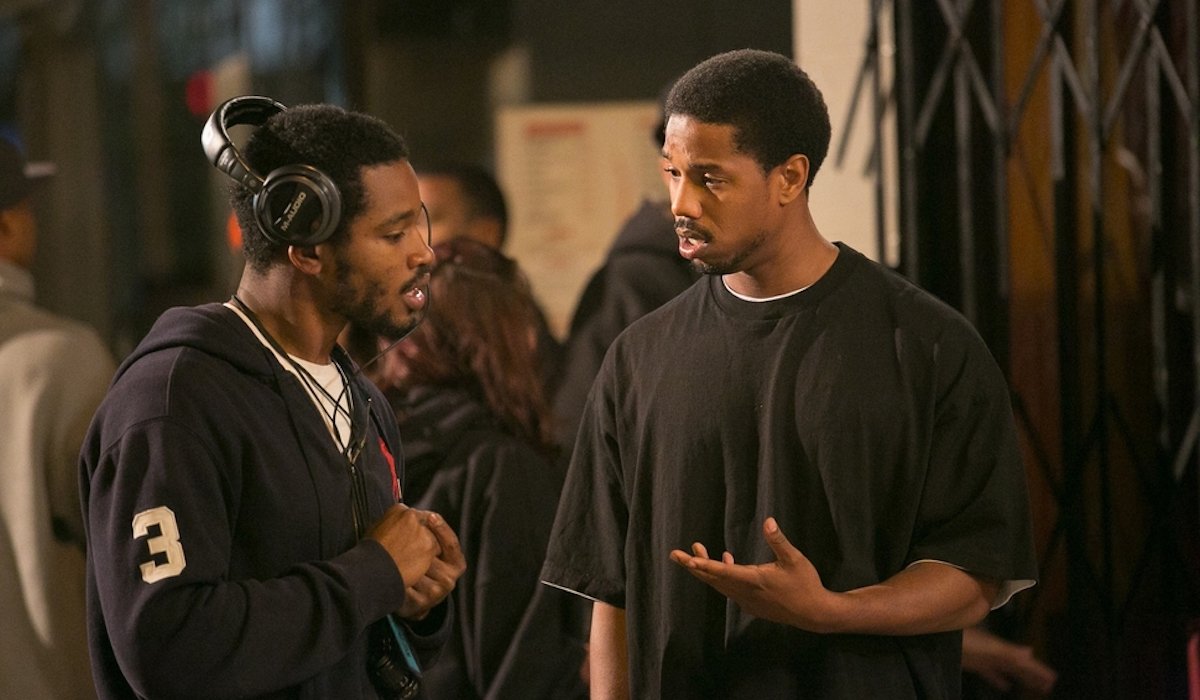
How Ryan Coogler Made Fruitvale Station At 25
Coogler was right out of film school at USC when he decided to make his first feature film after gaining acclaim for a number of his short films. It was actually the production company of Forest Whitaker (who later starred in Black Panther under his direction) that backed his idea to make a movie about the last 24 hours of Oscar Grant’s life before he was shot by a BART police officer on New Year’s Day in 2009. The movie was filmed in just over two weeks in Oakland for under $1 million with Jordan on board and Octavia Spencer, who also provided financial support for the film as a producer.
Coogler crafted a movie based on the true event by implementing public records and findings from news into the story. Coogler actually had previously worked with a fellow USC alum who was an attorney on Grant’s case and gave him access to records and testimonies, as he told IndieWire. The writer/director also spoke to the Grant family and used the specific accounts of witnesses at the BART on the night of Oscar’s death to create his vision for the film.
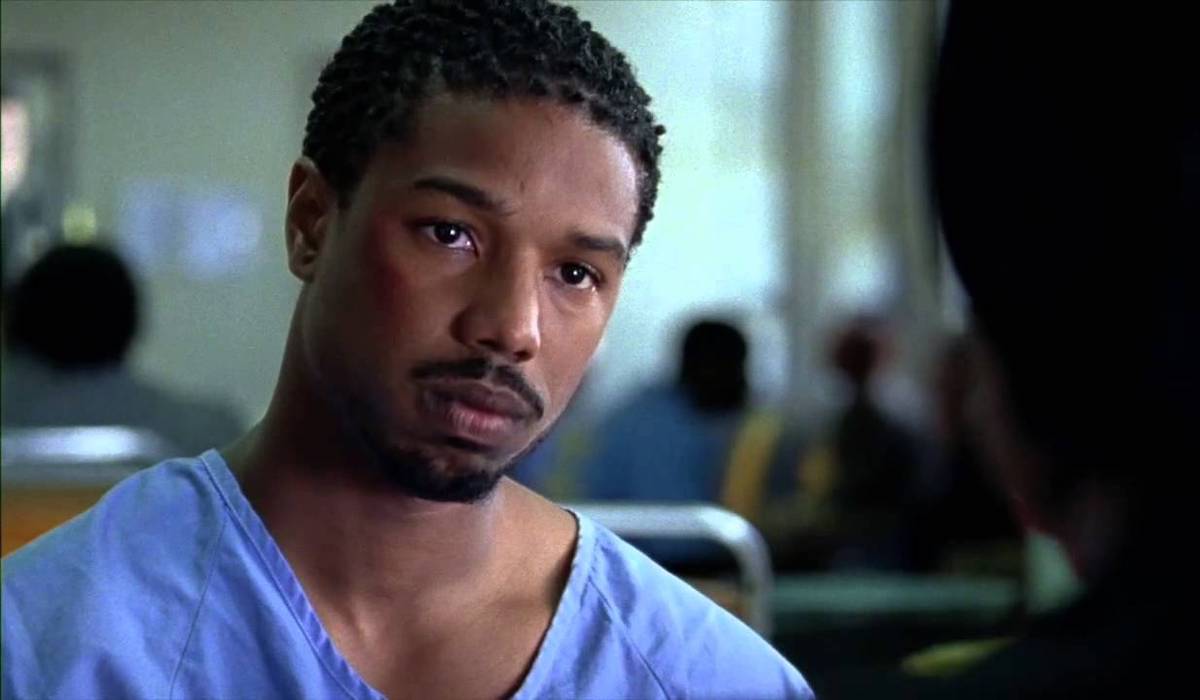
The Depiction Of Oscar Grant’s Life in Fruitvale Station
In Fruitvale Station, there is some brief background about Oscar Grant that can be inferred through Ryan Coogler’s storytelling. One important point audiences can note in the film is that Grant was in prison prior to his death. Coogler specifically did not want to shy away from Grant being a flawed individual. Before his death, he was arrested five times and he spent almost two years in jail in total, according to public records. He once admitted to dealing ecstasy to “five or six” regular customers and making “$1000 to $1500 a week” in an official statement – his family said his other arrests had to do with traffic stops over something like a busted light.
Sophina Mesa, his girlfriend and mother to his four-year-old daughter Tatiana confirmed that Oscar had been planning to do more honest work if he had lived, as illustrated in the film. In Fruitvale Station, he is given a business card by a man during his New Year’s celebration to signal a coming shift in his career. In real life, he had planned to attend barber school to get his life back on track and the couple had talked about getting a new place outside of Oakland just two days prior to his murder.
The detail about New Year’s Day also being his mother’s birthday was also completely true. Grant actually did stop and get crab for his mom too, the specific interaction with a customer may not have happened on that exact day, but Oscar’s real grandma said Oscar had called her once on the behalf of a customer to get her “secret recipe.” It’s true that Oscar’s mom suggested he take the train and he’d planned to take his daughter Tatiana to Chuck E. Cheese the next day, per SF Gate. There were some creative liberties done in order to fill the events of the day – such as the pitbull scene did not specifically happen but Coogler has compared the dog breed to the way Black people are treated in media.
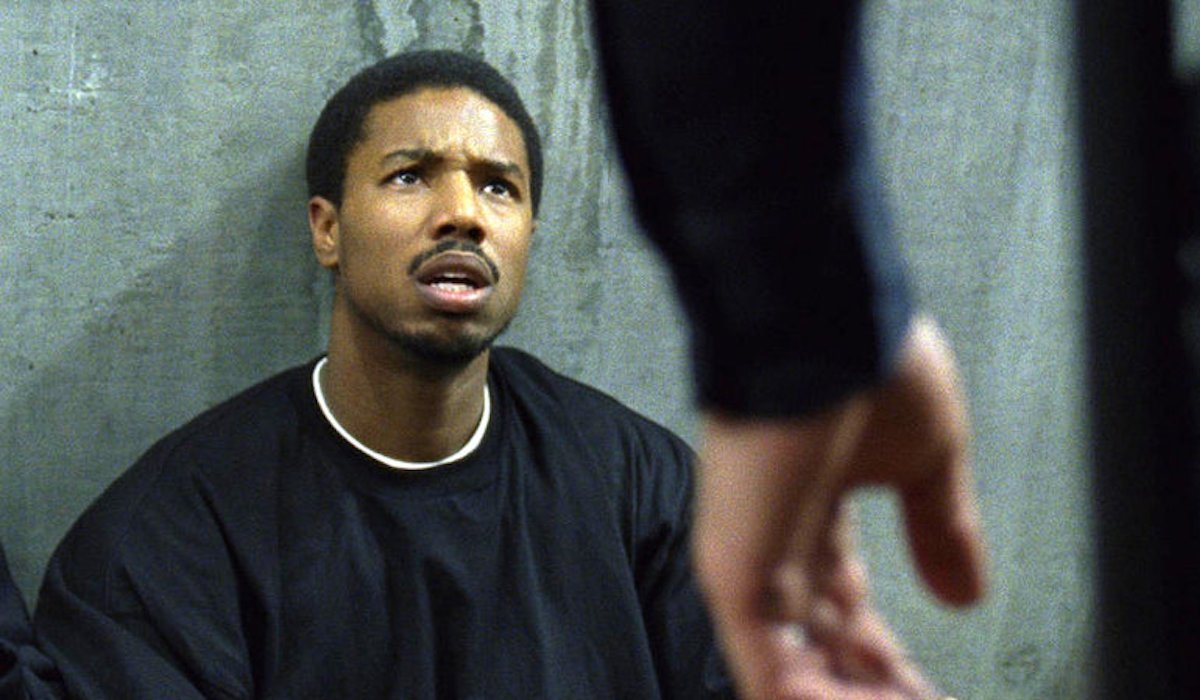
Fruitvale Station Was Filmed On The Same Platform Of Oscar’s Death
In an eerie detail, Fruitvale Station’s climax was filmed on the exact platform in the Bay Area where Oscar was slain over four days. Coogler decided to closely depict Oscar’s final moments as captured by various phone cameras at the scene and eyewitness accounts. Unfortunately, the BART police did not make much of an effort to follow up with those present at the scene and get full accounts. None of the seven officers present at the scene reported an officer involved shooting when they radioed in. As the official court document discloses, one witness called the fight that broke out between Grant and his former inmate that led to the police’s presence was “nothing more than a wrestling match” and the fight was resolved on the scene.
It’s true Oscar’s girlfriend went downstairs to wait for him and his friends when the scuffle between them and the police started. Karina Vargas was one eyewitness who was just 10 feet from the incident, and said he had his hands voluntarily behind his back as they pulled him down and he told them to “please not shoot him” and he was “cooperating” before he was shot then and there and died at the hospital hours later.
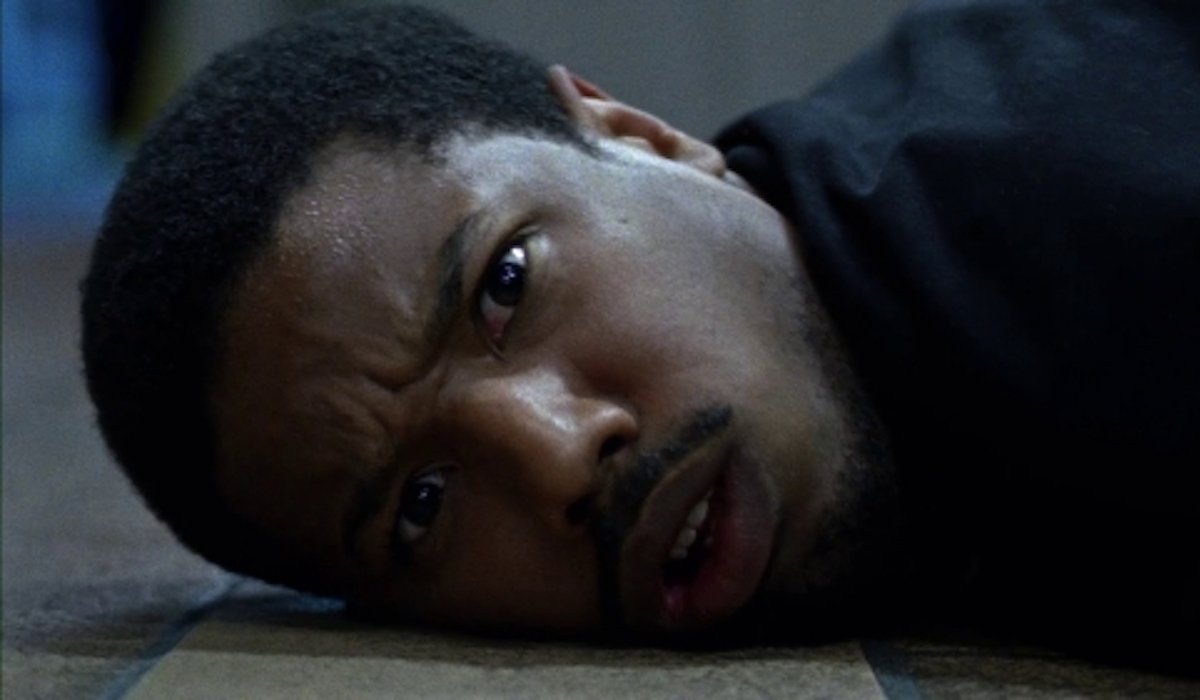
What Happened After The Shooting And Fruitvale’s Connections To ‘Black Lives Matter’
As noted briefly at the end of the film, Officer Johannes Mehserle, the man who shot Oscar Grant, was initially charged with first-degree murder before he testified in court that he meant to pull out his taser instead of his gun. That led to the charge being downgraded to “involuntary manslaughter,” which led to two years of sentencing in prison. Mehserle only spent 11 months in jail. Oscar Grant’s shooting was one of the early modern incidents that gained public outcry toward police. After protests, the general manager and chief of BART police stepped down and the other officers involved were fired.
The release of Fruitvale Station coincided with the early formation of the movement “Black Lives Matter,” which was established after 17-year-old Trayvon Martin was shot in Florida by George Zimmerman. Fruitvale Station hit theaters nationwide just over a week after George Zimmerman was acquitted for his charge of second-degree murder after claiming self defense during the trial. During the press tour of the film, which first premiered at Sundance, Coogler noted that he was approached with multiple accounts of other stories like Oscar Grant’s in people’s own hometowns.
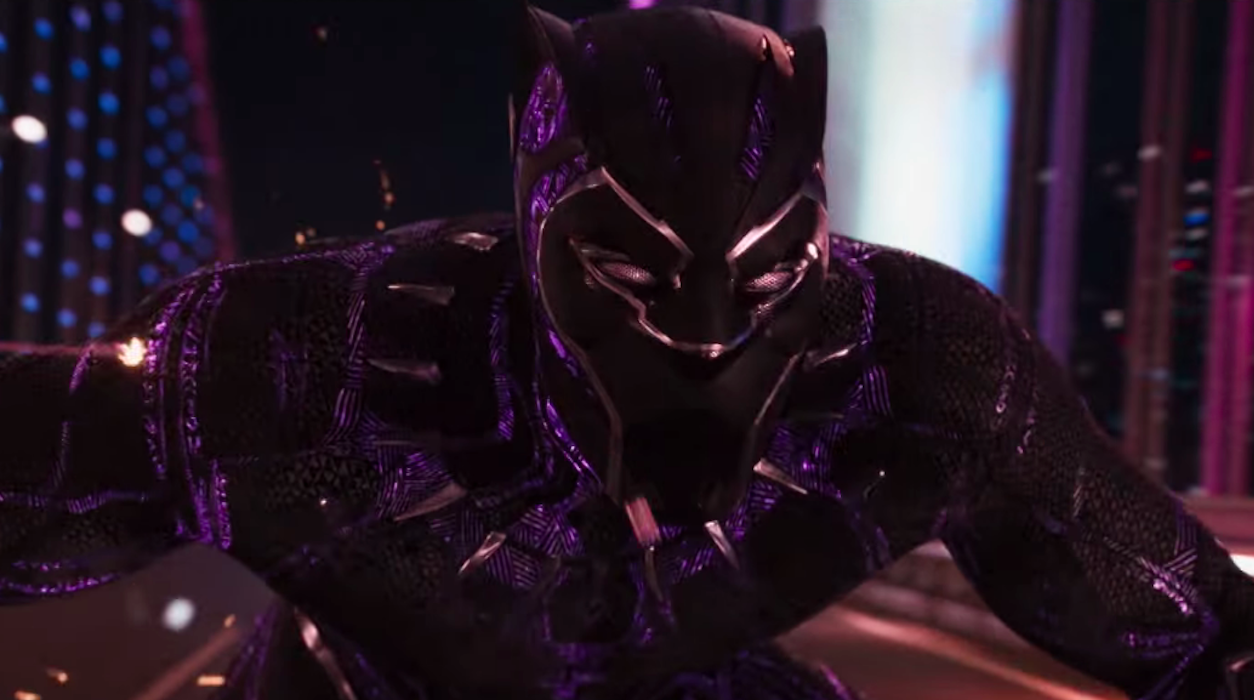
How Ryan Coogler’s Fruitvale Station Influenced His Career
In the grand scheme of things Fruitvale Station was a small film that primarily followed the indie circuit and made just $17 million worldwide at the box office. But it led the filmmaker to become a name to watch. Just shortly after the theatrical release of his debut film it was announced Ryan Coogler had signed on as a co-writer and director of the Rocky spinoff Creed. The movie was of course a massive success, spawning a $173 million haul on a $35 million budget and an Oscar nomination. Creed directly led into his hiring for Black Panther that would go on to become a Best Picture nominee and worldwide phenomenon.
Ryan Coogler is currently writing the script for the second Black Panther movie, which is expected to hit theaters on May 6, 2022. If you have not yet seen his first film Fruitvale Station, it is currently available to stream for free on Tubi, you can check it with this link. Stay tuned here on CinemaBlend for more movie news and deep dives.
CINEMABLEND NEWSLETTER
Your Daily Blend of Entertainment News
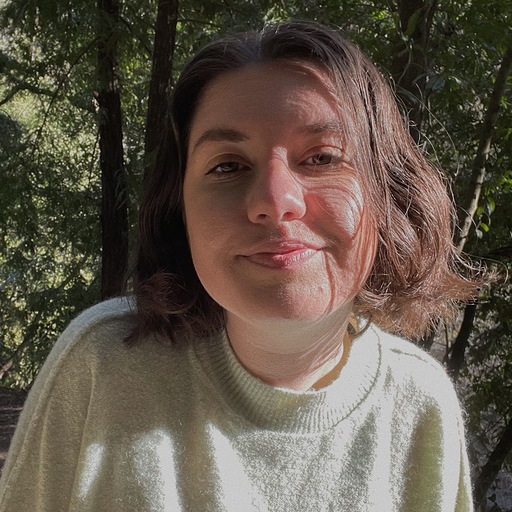
Sarah El-Mahmoud has been with CinemaBlend since 2018 after graduating from Cal State Fullerton with a degree in Journalism. In college, she was the Managing Editor of the award-winning college paper, The Daily Titan, where she specialized in writing/editing long-form features, profiles and arts & entertainment coverage, including her first run-in with movie reporting, with a phone interview with Guillermo del Toro for Best Picture winner, The Shape of Water. Now she's into covering YA television and movies, and plenty of horror. Word webslinger. All her writing should be read in Sarah Connor’s Terminator 2 voice over.
